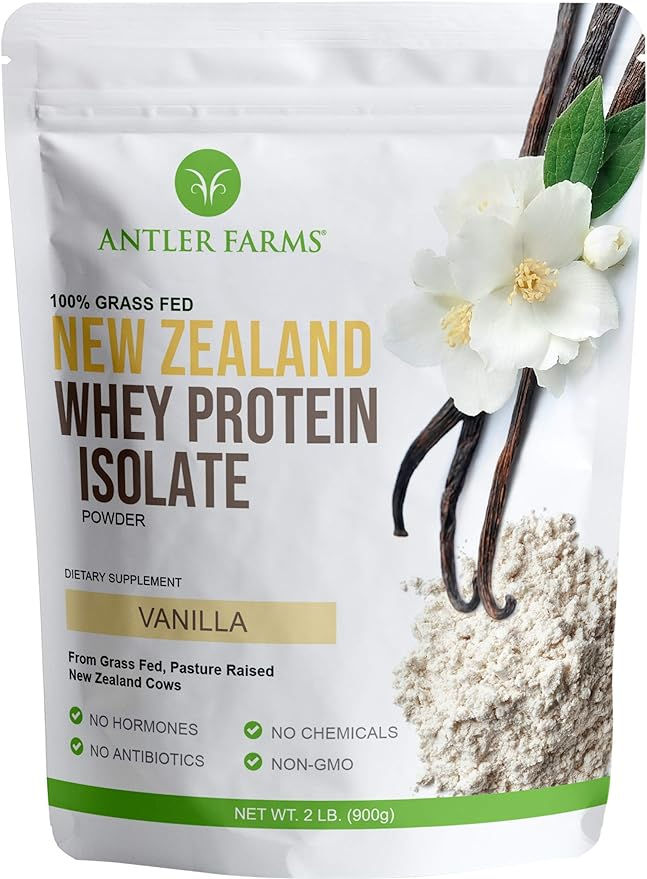The Power of Protein: Unlocking Muscle Growth and Cellular Repair
- Mark Wine CSCS
- Apr 3, 2024
- 3 min read
In the realm of fitness, performance and nutrition, protein has always been the king of nutrients… and when it comes to building muscle, nothing can compare! But there's more to the story of protein than just muscle protein synthesis—it's a rich nutrient with tremendous health implications. In this blog, I will briefly touch on the science that showcases just how crucial protein is, not just for bodybuilders, but for anyone looking to optimize their health and physical performance.

Protein Consumption: How Much is Too Much?
Conventional wisdom once dictated that consuming more than 35-40 grams of protein in one sitting was futile, as excess amino acids would be oxidized, essentially going to waste. However, my own personal experience with, well, me and my clients over the past 15 years have always suggested otherwise. In our ancestors' time, higher protein consumption was not just about building muscle but ensuring survival with only 1-2 meals available per day, at most!!
A groundbreaking NEW study, conducted by Trommelen et al. and published on Dec. 19, 2023, in the journal Cell Reports Medicine, shed light on this subject by exploring the impact of different protein amounts on muscle synthesis after exercise. Participants engaged in an hour of workout were given varying doses of milk protein, a slower-absorbing protein source. Scientists meticulously tracked the protein's journey using isotope tracers and muscle biopsies, revealing that higher protein intake led to a marked increase in amino acids in the bloodstream and, consequently, more muscle protein synthesis!! This dose-dependent relationship was particularly evident when comparing the 100g intake group to the 25g group, showing substantially more amino acids present in the plasma and muscles over 12 hours.
More practical tips in a little bit…
Leucine: The Key to Muscle Synthesis
Leucine emerged as a pivotal amino acid in this study. It's well-known that leucine is a critical trigger for protein synthesis, but this research underscores its importance. Consuming ample leucine can make all the difference in muscle building, which is why a higher-protein intake post-workout is critical. Protein with high amounts of leucine is typically animal based.
Practical Implications for Protein Consumption
The study would suggest a blend of fast-absorbing grass-fed whey protein, around 40-50g, followed by a substantial protein-rich meal, as an optimal strategy for muscle recovery and growth. It's not just about the quantity but also the timing and type of protein that can influence muscle anabolism. Following a hard workout session, which involves either high volumes or high intensity training (i.e. a lot of muscle damage), one should choose a high quality grass-fed protein that is easy on digestion with barely any ingredients in it, other than the protein!
Protein and Autophagy: A New Perspective
The concept of autophagy, the body's way of cleaning out damaged cells, has been closely associated with caloric restriction and stress from exercise. Traditionally, it was believed that protein consumption might hinder this vital cellular repair process. Yet, new research from Cell Reports Medicine suggests that this might not be the case for everyone. In healthy, lean individuals, protein intake following a workout did not impede autophagy, indicating that those with efficient metabolic systems can enjoy the benefits of protein without disrupting cellular repair mechanisms.
This revelation is significant. It suggests that even during fasting states, introducing protein might not halt the benefits of autophagy, making it an even more versatile nutrient than previously thought.
It is important to recognize that leaner individuals not suffering from metabolic syndrome (disorders) often can, and should, be eating different from larger more obese persons who suffer from metabolic disorders. This usually takes place with the macronutrients of fat and carbohydrates, but not protein. Protein is the one macronutrient that should be eaten in high amounts for ALL people, regardless of their health status!
Let’s put a Wrap on it: Embracing High-Protein Intake for Health and Longevity
So, what's the takeaway??? For optimal health and longevity, don't shy away from high protein intake at any meal. It supports your muscles and the body's natural repair processes. Lean body mass isn't just about aesthetics, it's also (even more) about health and longevity. Want to be healthy and live longer:
1. Choose Resistance Training as your main form of exercise
2. Fuel up with more PROTEIN!!, and don't hesitate to fuel up with protein!
Ready to optimize your protein intake and transform your physique?
Reach out for a personalized plan at FMFMark@gmail.com or explore the possibilities at www.FunctionalMuscleFitness.com





Comments